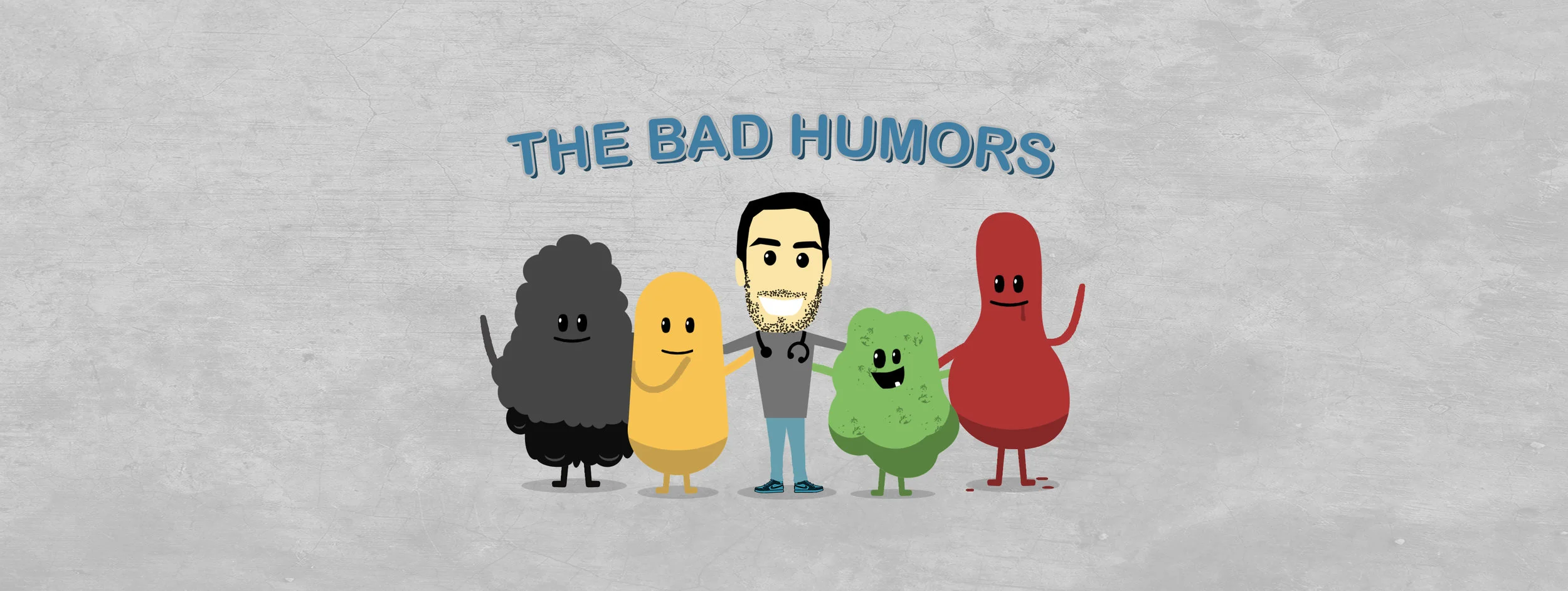B+
/“On the Fear of Death
Let me not pray to be sheltered from dangers but to be fearless in facing them.
Let me not beg for the stilling of my pain but for the heart to conquer it.
Let me not look for allies in life’s battlefield but to my own strength.
Let me not crave in anxious fear to be saved but hope for the patience to win my freedom.
Grant me that 1 may not be a coward, feeling your mercy in my success alone; but let me find the grasp of your hand in my failure. ”
Growing up with a Korean mother, it was clear from a young age what the academic expectations were for me. This is a story that not just Korean children find all too familiar but children from many cultures.
In my house, the bar was A. B’s were akin to failure. And honestly C’s weren’t even in the realm of my reality.
I had a healthy fear of failure. In my particular case, getting a B. In my entire grade school life (grades 1-12) I was on the A-B honor roll one semester. It was in fourth grade and I still vividly recall receiving a purple certificate instead of a gold one. I honestly don’t remember how my mom reacted but I remember absorbing that failure. Healthily or unhealthily, I vowed to never fail again. And I didn’t - at least in that particular context. 4.0’s. A+’s. Valedictorian. Etc etc. It was part of my identity at that time but my identity didn’t include much more than success in my endeavors. This also included extracurricular curricular activities such as golf and piano. Failure was never on the menu.
My story isn’t unique. I see it every day and it’s renewed every year. Medical students who are placed in the processing plant of physicians, often in the pressure cooker stage of whatever end product the US medical system is trying to create. I read hundreds of residency applications every year and I’m continually amazed at how smart and driven humans can be. Rising up to achieve in a system that demands nothing less that perfection.
But that isn’t success.
In residency I published a paper for Dynamed evaluating the efficacy when comparing duration of combined anti-platelet therapy in patients who recently had a stroke. The take away for me in this writing process was not the papers I read or the medical conclusion but was HOW they reached this conclusion. The authors used a composite score to support their assertion that 12 months of use was non-inferior to 3 months of use. The composite score took into account multiple outcomes in what they called “MACE” (major adverse cardiac events). This looked a multiple outcomes including stroke and heart attack.
What I remember most was that if you looked at each individual outcome in MACE, for instance heart attack, you would find that none of them were statistically significant. Only when you combined them all could you find a statistically significant finding.
Now my initial stance was that this felt disingenuous. Creating a narrative that fit your prevailing assertion. But as time integrated itself into my DNA, I have come to appreciate this notion more and more.
B+ is the goal – not the boogieman.
On occasion, I’ll tell residents this thought of mine. For so long I strove for A+ that little did I know I would have blind spots that were C’s and D’s in my life. Or if I didn’t, I would bare immeasurable weight to make sure I hit that mark only to find I had little left in the tank for anything else. Or I would simply end up frustrated that I couldn’t reach that goal in every interaction I had.
Despite websites existing like Healthgrades or magazines noting “Seattle’s top doctors”, sustainable safe, caring, and competent care exists as a composite score of B+ - not A+. I often see residents and attending physicians attempting to achieve A+’s at every point in time, especially with each patient visit. Hit all of the preventive measures. Make sure every visit you address every problem. A1c immaculate. Do it all in 15-20 minutes somehow.
In doing so, physicians are left with either frustration or an empty emotional bucket.
And so unconsciously I found myself accepting what one might consider “less than”. I will get an A+ on certain patient visits or tasks but sometimes a visit may feel like a C. Now to be clear, that doesn’t mean you’re giving less effort or not providing patient-centered care, it means that each visit is unique and we all have different measures of what “success” really is, including the patient. Some visits won’t always feel good and that’s ok. Because the goal is B+. B+ allows physicians to retain some degree of humanity in a healthcare system created to force a homogenous type of care. One where you see 9, 10, 11, 12 patients in a half day. One with limited visit times and billing outside the control of the physician. B+ allows the physician to sustain in an unsustainable ecosystem.
So in the end, I’ve come to not only accept but strive for my purple certificate after 36 years of perfectionism. Fourth grade Ben would never have understood but a Ben with much more wear, tear, and significantly less hair understands that true success is that which is sustainable.

